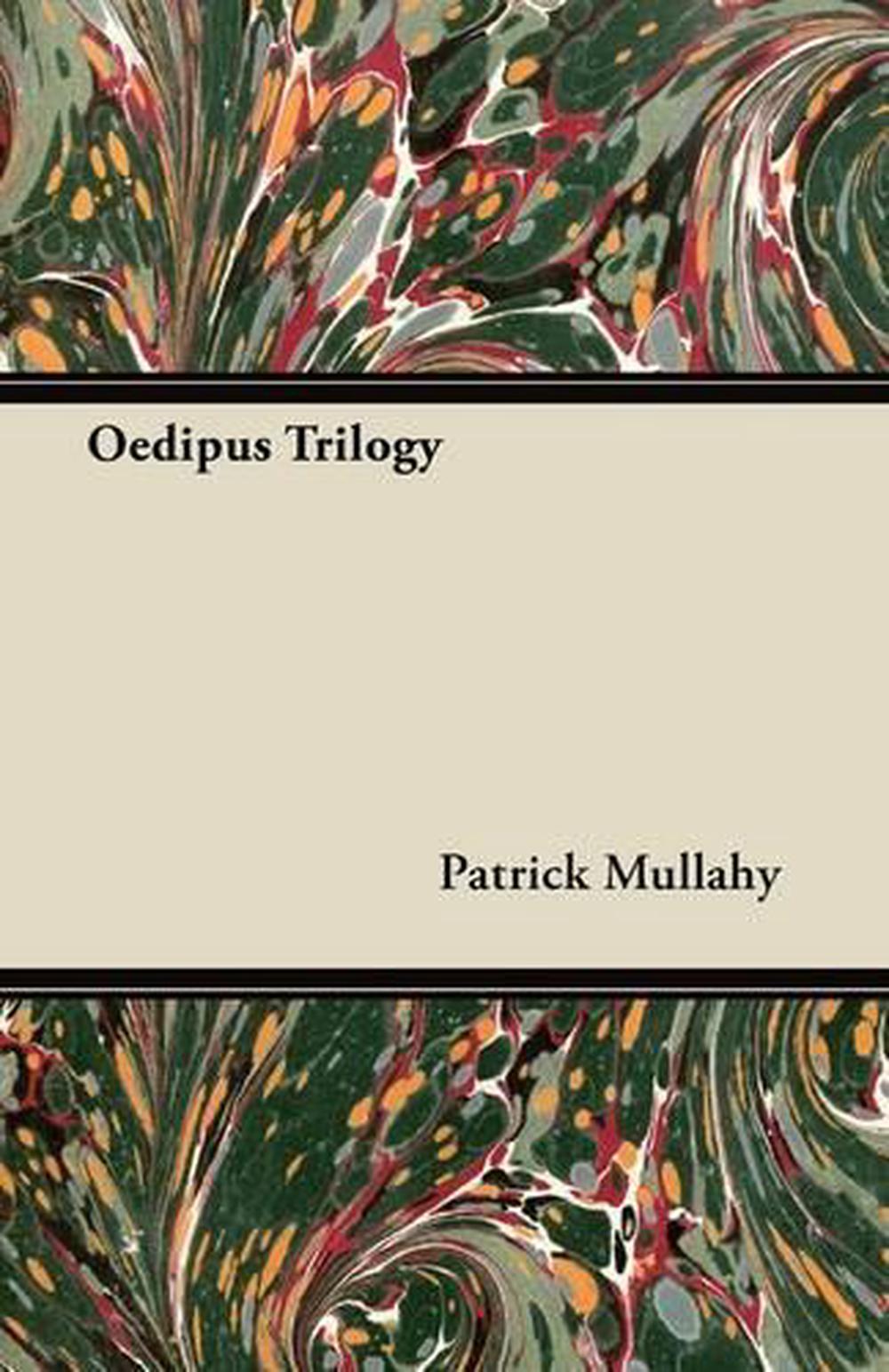
Philosophers such as Protagoras argued for the importance of subjective experience as a source of knowledge. Greek philosophy sought to provide a rational explanation for phenomena, seeking to discover the underlying forms and order within nature and society. “.Despite the turmoil of most of the Classical Period, Greek culture flourished. The Spartans triumphed finally in 404 and imposed an oligarchic government on Athens. The war proved disastrous for Athens, causing the destruction of an Athenian fleet at Syracuse in 413 and ending in the loss of its navy at Aegospotami in 405.

Tensions with its subject states and with Sparta grew, escalating in 431 in the outbreak of the Peloponnesian War, a civil war between the Athenian and Spartan alliances that also extended to the western colonies.

“.Following the truces in the early 440s was a short period of peace during which Pericles, leader of Athens, undertook an ambitious building project on the Acropolis of Athens that saw the creation of the Parthenon and the chrys-elephantine statue of Athena by Pheidias. During the last phase of this war, Athens had also fought a war with Sparta, Corinth, and their allies which also resulted in a peace treaty in 446. The Athenians defeated the Persians in Anatolia and concluded a peace treaty in 449. To pursue the war, the Athenians created the Delian League, a confederation of city-states that became the basis of an Athenian Empire. Following these victories, Athens split from Sparta and continued the war with the purpose of taking back the territory of Ionian Greece lost to the Persians in the Archaic Period. Greek victories at Marathon (490), Salamis (480), and Plataea (479) turned back Persian invasions of the Greek mainland. “.War with the Persians, waged by a shifting alliance of Greek city-states led by Athens and Sparta, dominated the early phase of the period to about 450 B.C. It is during this period that the most renowned and influential philosophers, writers, and artists of Greece were active and democracy developed. “The Classical Period begins with the Greek victories over the Persians in 490 and 480/479 B.C.

(Wikimedia Commons) The structure belonged to the effusion of culture that followed Athens' emergence from the Persian Wars as an imperial powerhouse. A detailed drawing of the Parthenon by Vincenzo Coronelli, 1688.


 0 kommentar(er)
0 kommentar(er)
